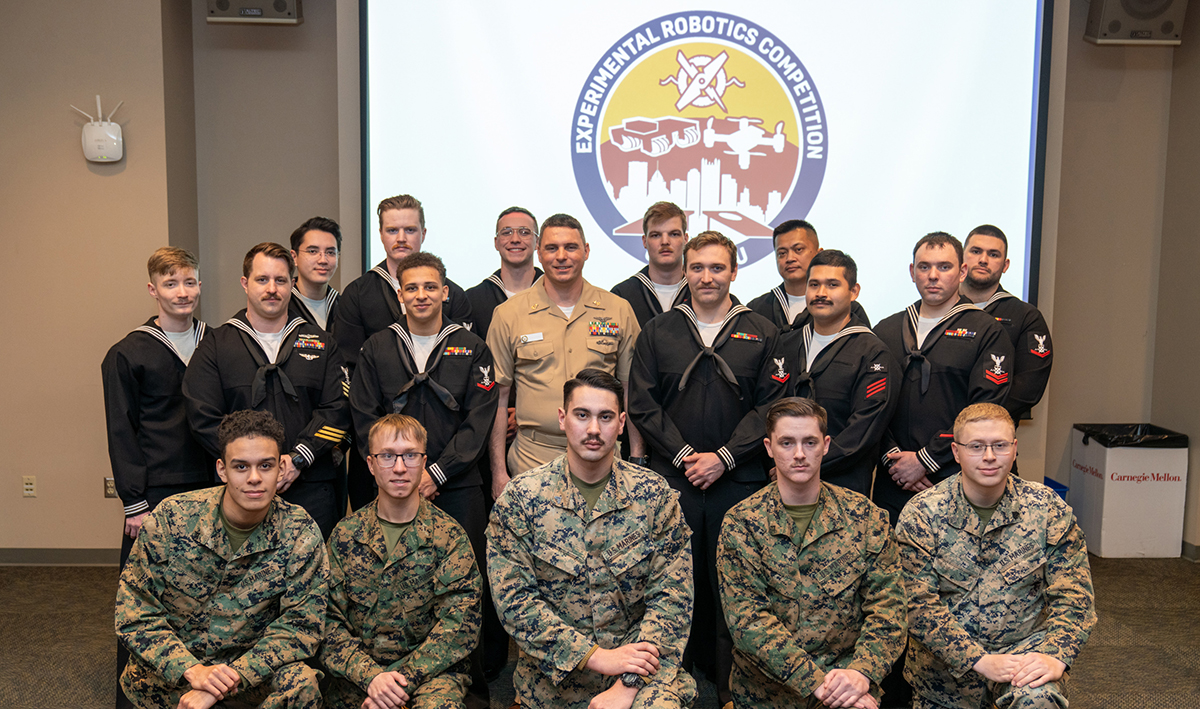 Robotics Training and Competition as Novel Validation for the Naval RW Rating
Robotics Training and Competition as Novel Validation for the Naval RW Rating
Overview. The US Navy is significantly increasing its use of autonomous vehicles, even launching a robotics specialist rating as its first new enlisted career track in years. To address the growing need for personnel capable of operating and maintaining an expanding fleet of robotic systems, the Office of Naval Research and researchers at Carnegie Mellon University began investigating scalable training methods that would be both cost effective and flexible enough to prepare sailors for an ever-changing variety of platforms.
Grounded in a design-based research approach, the project has produced empirical findings about efficacious training of robotics “optainers” (operator-maintainers), as well as reusable training infrastructure available immediately.
Research Outcomes. To investigate designs for efficacious training for Naval robotics specialists, the project first adapted existing robotics technician training to meet Naval occupational standards in Winter 2023, then began a cycle of data-collecting pilot implementations and revisions in Summer 2024 and Spring 2025.
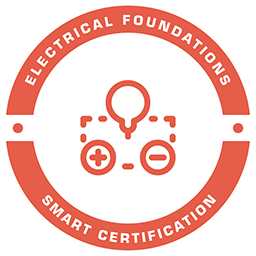
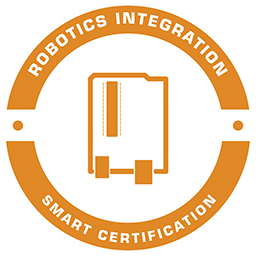
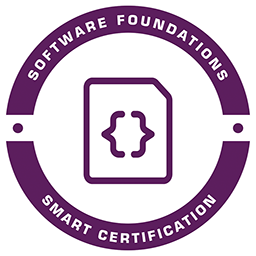
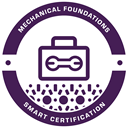
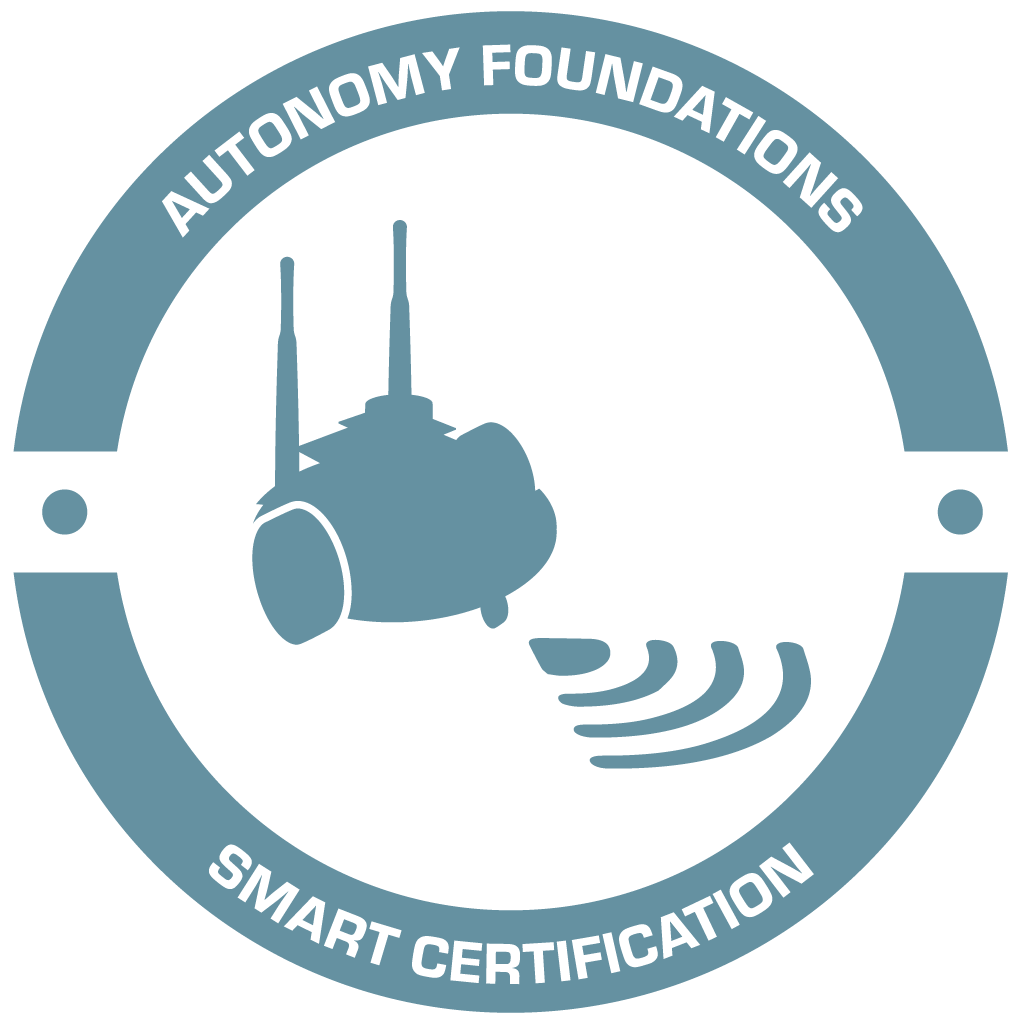
![]()
Figure 2. Robotics-centric course modules in Electrical Foundations, Robotics Integration, Software Foundations, Mechanical Foundations, Autonomy Foundations and Robot Operations
While initially aligned with the occupational standards identified for the Naval RW rating, the modules target foundational robotics skills and understandings that all field robotics practitioners need and use. Participants with active duty robotics assignments have reported high relevance to real tasks, giving feedback such as, “This is what I’m actually doing at work!” Beyond RW preparation, the program also serves as an interim training option for robotics operators and maintainers across the force.
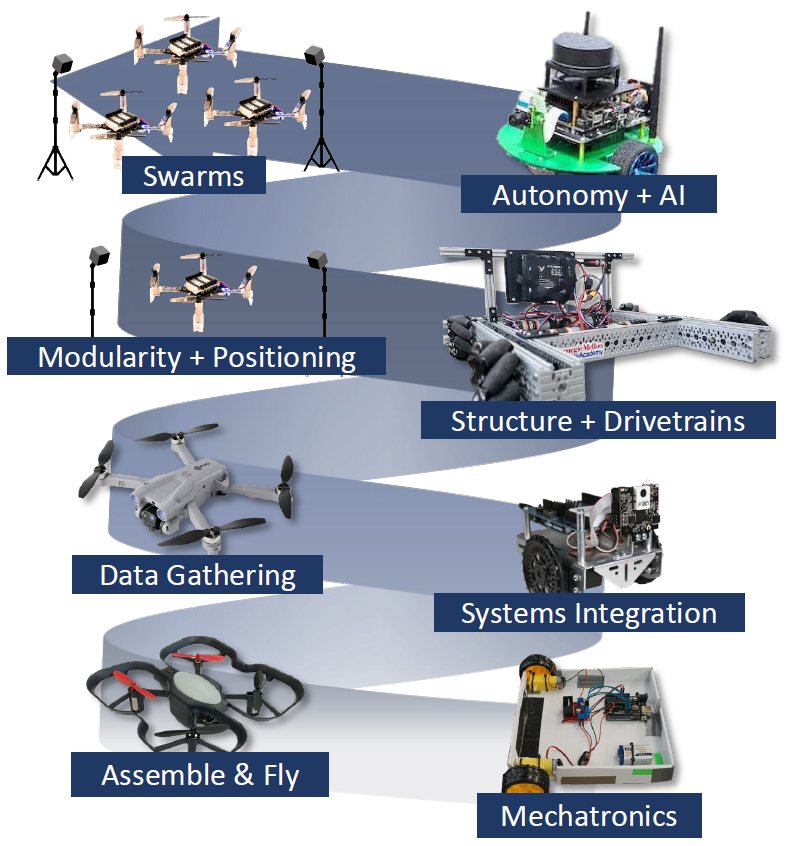
Figure 2. Our approach leverages a "spiral" of small UGV and UAV platforms to teach increasingly sophisticated robotics concepts.
Training Format. Participants engage in six weeks of hands-on training with eight different robots, developing skills and confidence across all core robotics domains: electrical, structural, drive, sensing, and control subsystems, along with their integration, autonomy & AI, and routine platform operation. Each module uses scaffolded activities that build from foundational concepts to fully functional systems, with repeated exposure to common technical elements and operator tasks across increasingly advanced platforms. In the seventh week, participants demonstrate their capabilities in a comprehensive final challenge.
This material is based upon work supported by the Office of Naval Research under Contract Number N00014-23-C-2015. Any opinions, findings and conclusions or recommendations expressed in this material are those of the author(s) and do not necessarily reflect the views of the Office of Naval Research.